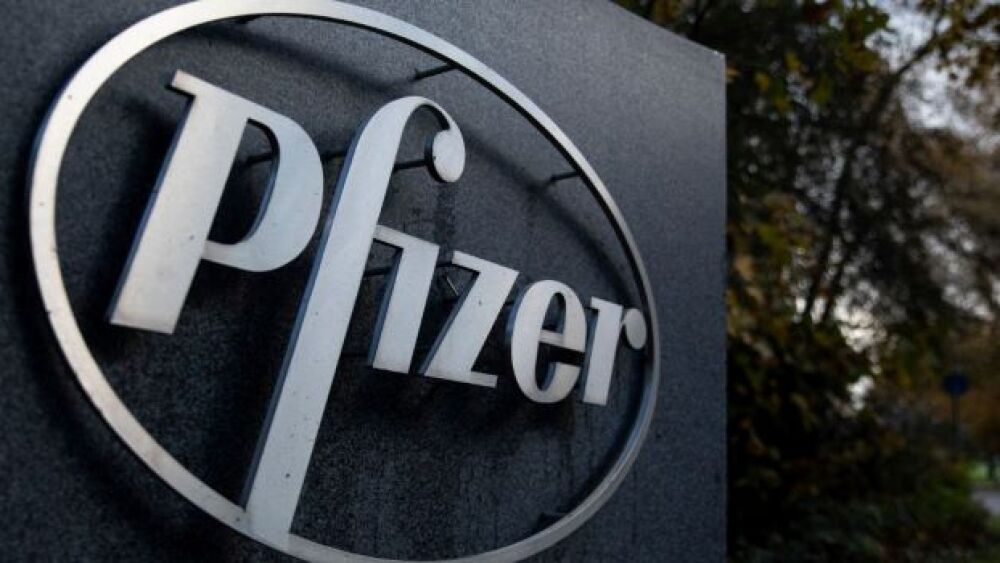A United Kingdom watchdog organization has accused Pfizer and Flynn Pharma of violating antitrust rules and overcharging that country’s National Health Services for anti-epilepsy treatments.
Dan Kitwood/Getty Images
A United Kingdom watchdog organization has accused Pfizer and Flynn Pharma of violating antitrust rules and overcharging that country’s National Health Services for anti-epilepsy treatments.
The Competition and Markets Authority (CMA) in the U.K. accused the companies of exploiting a loophole in order to charge higher prices for phenytoin sodium capsules. According to the report, the companies “debranded” the medication, which had been sold under the branded name Epanutin in 2012. By doing so, they were able to avoid certain regulations regarding branded drugs.
“As Pfizer and Flynn were the dominant suppliers of the drug in the U.K., the NHS had no choice but to pay unfairly high prices for this vital medicine,” the CMA said in its announcement.
After the debranding, the CMA said Pfizer’s prices increased between 780% and 1,600%. Pfizer then supplied the drug to Flynn, which, in turn, sold it in the U.K. at prices between 2,300% and 2,600% higher than those they had paid previously. According to the report, NHS spending on phenytoin sodium capsules rose from around £2 million a year in 2012 to about £50 million in 2013 due to the price increases for the drug.
Pfizer and Flynn were initially fined by the CMA in 2016 for the price increase, but the companies appealed. The case has been re-investigated per the rules of the appeal and findings of the Competition Appeal Tribunal in the U.K. With the new charges of price gouging aimed at the two companies, they will have an opportunity to respond to the charges.
“Thousands of patients depend on this drug to prevent life-threatening seizures as a result of their epilepsy… This is a matter that is important for government, for the public as patients and taxpayers, and for the pharmaceutical industry itself. Protecting these patients, the NHS and the taxpayers who fund it, is our priority,” the CMA said in a statement.
The dramatic price increase in the U.K. is reminiscent of the more than 5,000% Martin Shkreli implemented for the toxoplasmosis drug, Daraprim. However, there is no real watchdog organization with teeth in the United States. In the U.S., public shaming has become something of a norm for companies that dramatically increase prices for medications, such as the case with Shkreli, or for companies that come out of the gate with list prices higher than what some have expected. For example, Biogen is taking some heat for the $56,000 price tag for its recently approved Alzheimer’s drug, Aduhelm.
Earlier this summer, AbbVie’s chief executive officer was brought before Congress to address price increases for its blockbuster drugs Humira and Imbruvica. The U.S. House Oversight and Reform Committee accused the company of using tactics to exploit patent laws to extend its market monopoly in the United States. Additionally, the committee charged the company with abusing protections from Orphan Drug status applied by the U.S. Food and Drug Administration to block competition.
Other lawmakers, including U.S. Sen. Bernie Sanders and the now-deceased U.S. Rep. Elijah Cummings, have repeatedly called out companies over prices they believed were higher than consumer, and government-funded programs, should pay.





